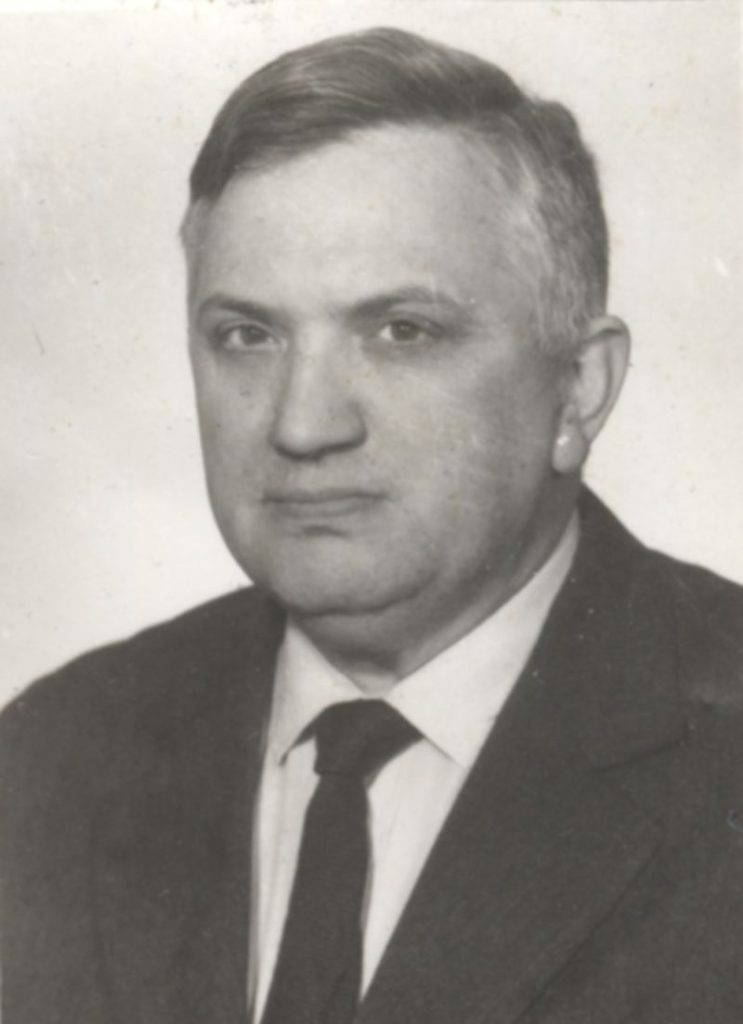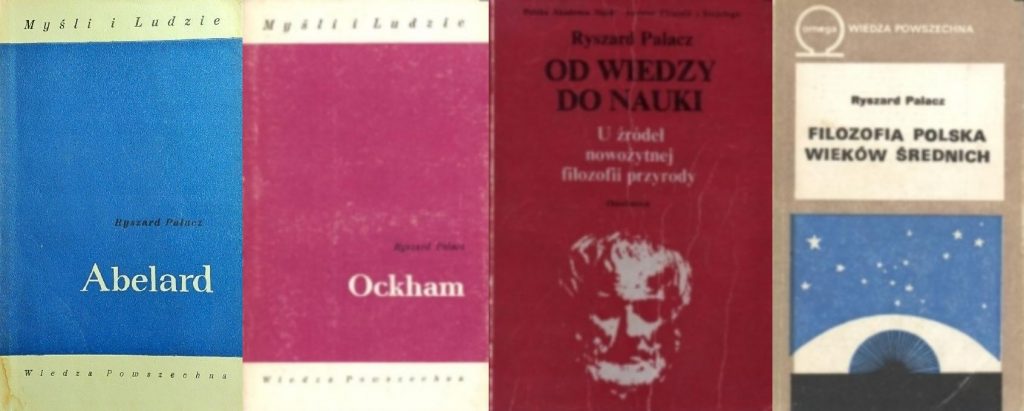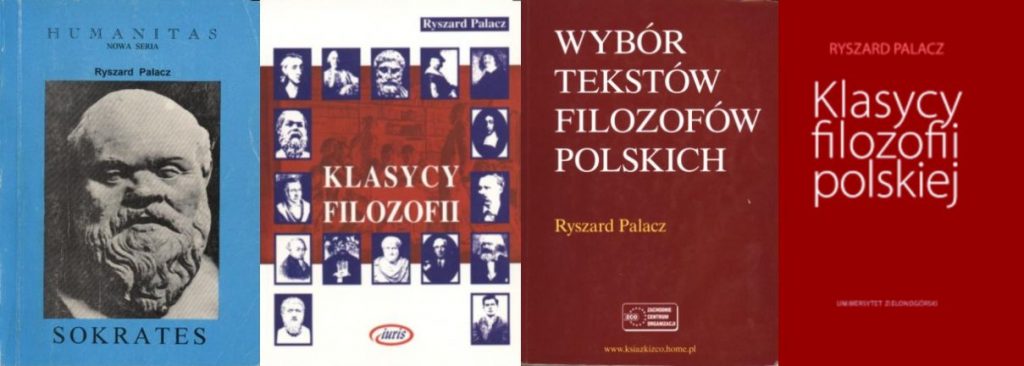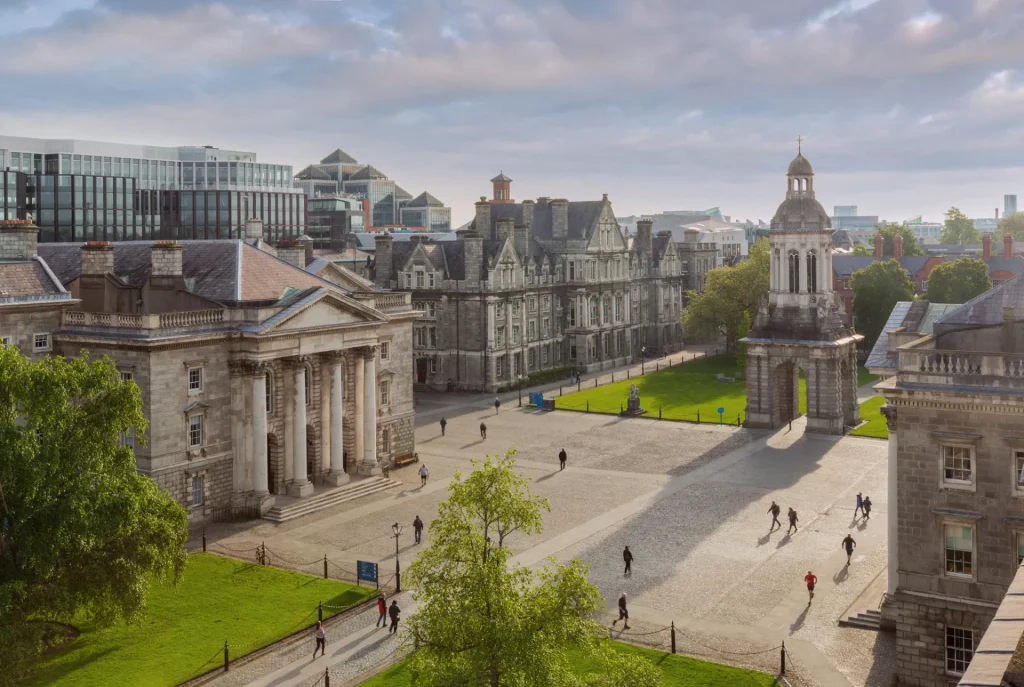Professor Ryszard Palacz Passed Away

It is with profound grief and heavy heart that we announce the demise of our dear professor, superior and supervisor, teacher and friend, Professor Ryszard Palacz (1935-2024), who died in his house near Warsaw on October, 19th. For decades he worked in the Polish Academy of Sciences in Warsaw, but was also able to gain valuable experience in numerous research and academic institutions in France, Germany, Canada, Italy and Spain. His decades long research was focused on mediaeval philosophy and its various aspects.
Professor Palacz was the founder of the history of philosophy section in the University of Zielona Góra and had a great, personal or indirect, impact on all historians of philosophy here. During his work in Zielona Góra he succesfully supervised one Ph.D. candidate and encouraged his colleagues to take up research in various areas of the history of philosophy. Thus the activities of the Ancient Φilosophy Reception research group can be considered as a part of his lasting legacy, all the more so that He himself investigated the reception of Aristotelianism on mediaeval philosophers in the 12th and 13th centuries.
Requiescat in pace!


American Platonism and ISNS Dublin Conference
International Society for Neoplatonic Studies, in accordance with its name, promotes studies and academic work on Platonism, Neoplatonism and Platonic tradition broadly considered. In co-operation with various academic centres throughout the world ISNS organises annual conferences with large number of panels covering a wide spectrum of what can be called Neoplatonism. In 2024 the conference was held in Trinity College, Dublin on June 19th-23rd.

Among numerous panels of the Dublin conference there was one on the American Platonic tradition, its title was: Transcendental Echoes: Neoplatonism’s Influence on American Renaissance Thought. The aim of this panel was described by its originator, prof. Sonya Isaak, as follows: “this interdisciplinary panel endeavors to explore the dynamic intersections between Neoplatonism and American Transcendentalism, elucidating the profound philosophical, spiritual, and literary amalgamations that defined this vibrant movement in the 19th century…”. The panel had only three speakers (prof. Jay Bregman, prof. S. Isaak and T. Mróz), but it gathered many participants in the audience who wanted to learn bout the developments of Platonism in the 19th century American thought.
T. Mróz’s paper was titled Paul Shorey as a Plato Scholar and his Influences from Ralph Waldo Emerson. Shorey (1857–1934) was the most eminent and internationally recognised American Plato scholar at the turn of the 20th century. He took part in the then international disputes on interpreting Plato’s philosophy and the very methods of reading and researching the dialogues.

As an American Plato scholar, Shorey, in his works on Plato, did not avoid referring to American writers, with a particular emphasis on Emerson (1803–1882), the author of Representative Men (with a significant essay on Plato). Shorey, naturally, included Emerson in a long line of thinkers inspired by Plato, but the aim of Mróz’s paper was to focus on the influence exerted by the Transcendentalist writer and philosopher, Emerson, on the classics scholar and academic researcher, Shorey. Although he did not hold Emerson as a philosopher in high regard, there are some traits of his thinking of Plato which may be ascribed with Emersonian origins, for example, reading Plato as a moral philosopher and tendency toward unity. Thus the connection between American Transcendentalist movement and academic studies on Plato in American tradition was demonstrated.
Recent commentaries